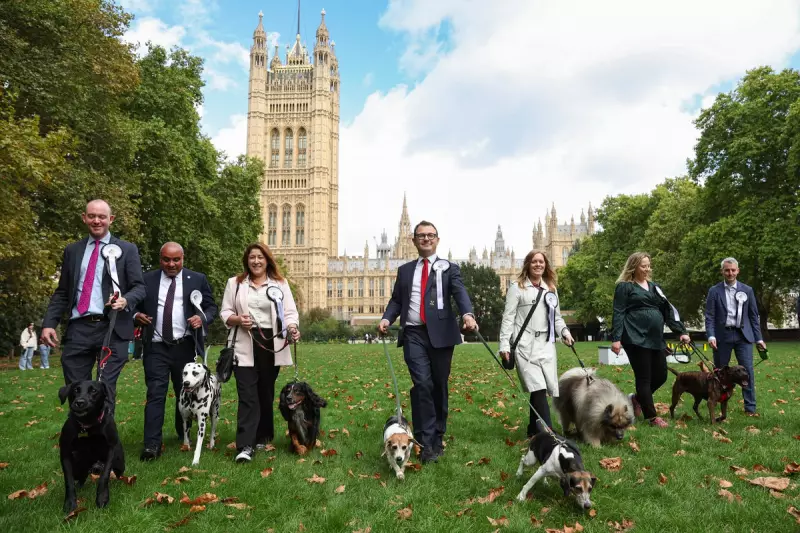
A major row has erupted in the corridors of power after MPs were abruptly barred from entering the historic Victoria Tower Gardens, a cherished green space adjacent to the Palace of Westminster.
The decision, enacted under the authority of the Speaker of the House of Commons, Sir Lindsay Hoyle, is reportedly part of a new security protocol. For generations, the gardens have served as a vital outdoor sanctuary for politicians and staff to think, talk, and negotiate away from the chamber's intense pressure.
Labour's Outrage and Accusations of Overreach
The move has provoked fury, particularly from Labour MPs. Shadow Leader of the House, Thangam Debbonaire, expressed her profound dismay, labelling the decision as "outrageous" and detrimental to the well-being of those working in Parliament.
She emphasised the garden's critical role in facilitating cross-party conversations and informal diplomacy, often serving as the backdrop for brokering deals and building consensus on contentious legislation. Many see this as an unnecessary tightening of security that stifles the very human interactions that make Parliament function effectively.
A Speaker's Prerogative or a Step Too Far?
While the Speaker's office holds ultimate responsibility for security within the parliamentary estate, this specific intervention has been viewed by many as a step too far. The gardens, popular with tourists and the public, are seen as a symbol of parliamentary openness.
This incident raises broader questions about the balance between essential security measures and preserving the traditions and practical workings of British democracy. The decision effectively walls off MPs from a public space they have enjoyed for over a century, creating a physical and symbolic barrier between the elected representatives and the people they serve.
As pressure mounts, all eyes are on Sir Lindsay Hoyle to see if this new edict will be reversed or if the iron gates to the gardens will remain locked to MPs for the foreseeable future.





